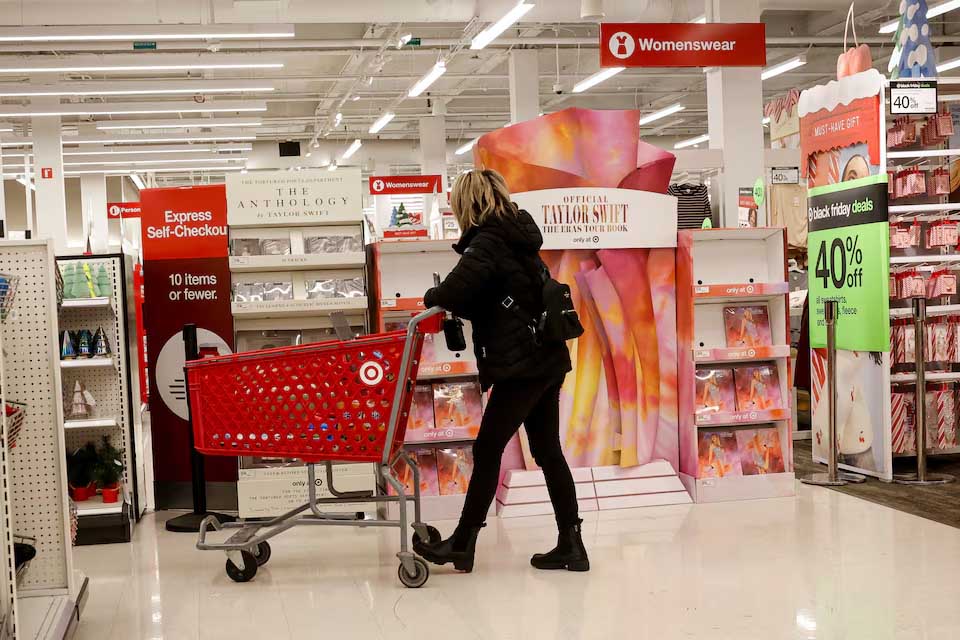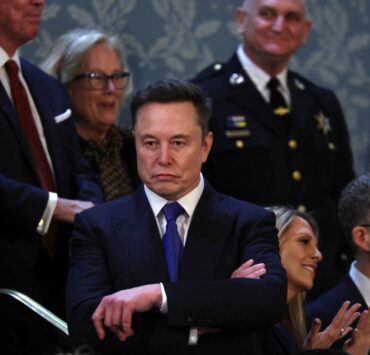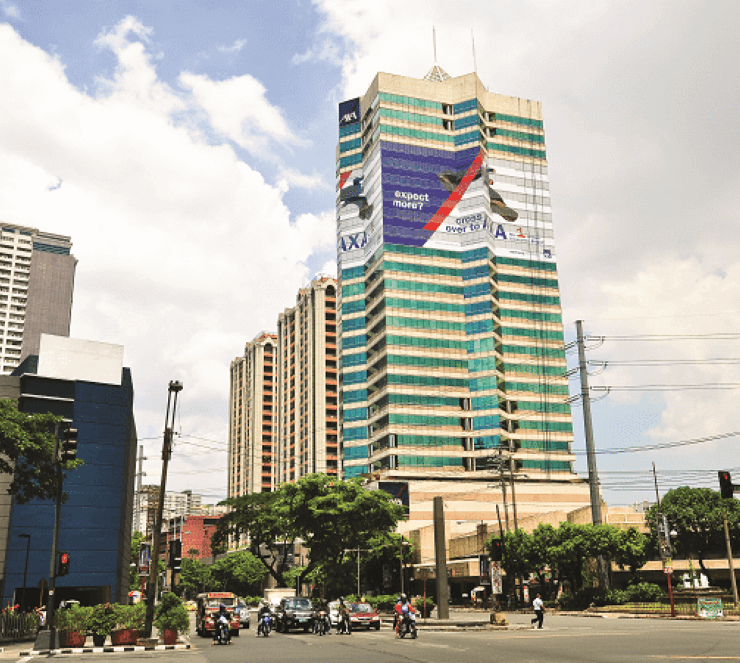Target braces for first-quarter profit pressure due to levies, low demand

Target warned on Tuesday that uncertainty around tariffs would weigh on the retailer’s profit in the first quarter and doubled down on sourcing more of its products from countries including Guatemala.
Target joined bellwether Walmart, as well as electronics retailer Best Buy in warning about expectations for the year.
Sticky inflation and tariffs on imports proposed and implemented by President Donald Trump are expected to temper demand for non-essential categories such as home furnishings and electronics that make up more than two-thirds of Target’s sales.
Target shares were down 3.2 percent in afternoon trading on a day Wall Street’s main indexes fell on broader tariff worries.
The retailer told reporters on Tuesday that the new tariffs on imports from Mexico and Canada — that took effect on Tuesday — are “new dimensions” which could result in increased industry-wide prices for seasonal produce such as avocados.
Target, like other retailers, depends on lots of vegetables and fruit like avocados from Mexico during winter, CEO Brian Cornell said.
“But if there’s a 25 percent tariff, those prices will go up … certainly over the next week,” he said on a CNBC interview earlier in the day, declining to say the degree of price hikes Target shoppers will see on its own shelves.
Target also said it would move more of its sourcing for its store brands, which include All in Motion and Cat & Jack, to countries in the Western Hemisphere like Guatemala and Honduras, and away from China where 30 percent of those products are made. It expects to further reduce that dependence to 25 percent next year.
“These things are unfolding so quickly. I think all of us are speculating and I think we will listen and learn and make sure we control the things we can control,” Cornell said.
Flat forecast
Target forecast annual comparable sales to be about flat in the year through January 2026, compared to Wall Street’s expectations for a 1.86-percent rise. It expects earnings of between $8.80 and $9.80 per share, which were in line with estimates.
While the forecast excludes tariff impacts, it said that consumer stress and the noise surrounding tariffs hit February sales and could pressure first-quarter profits.
“As we turn the corner now there has been talk about the tariffs and uncertainty with (the) economy … and while all those behaviors we have seen with the consumer (over the past year) are not changing, they are becoming more pronounced,” Chief commercial officer Rick Gomez said on a media call.
On Tuesday, Target also said that due to “elevated volatility” in its business, it would stop its decades-old practice of issuing quarterly guidance.
“Consumer spending trends are not yet back to normal today,” Chief financial officer Jim Lee said.
Reuters, the news and media division of Thomson Reuters, is the world’s largest multimedia news provider, reaching billions of people worldwide every day. Reuters provides business, financial, national and international news to professionals via desktop terminals, the world's media organizations, industry events and directly to consumers.





















